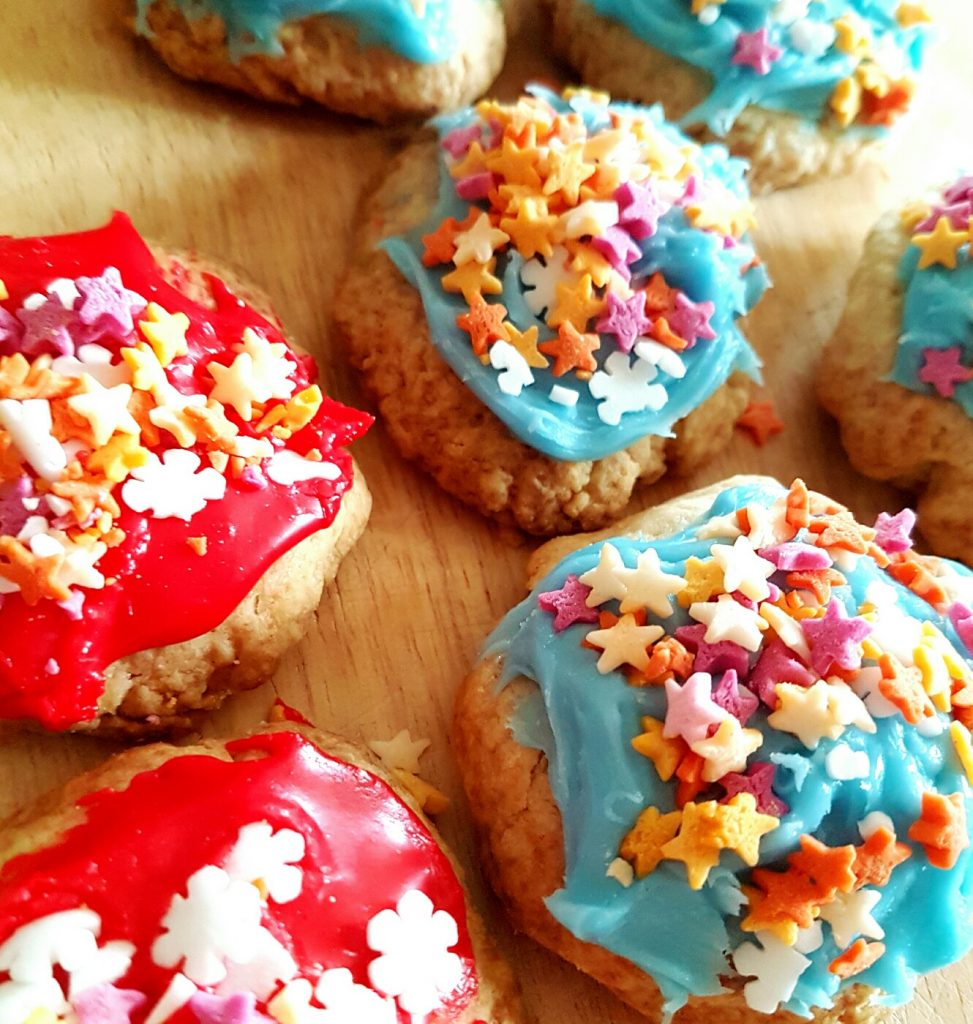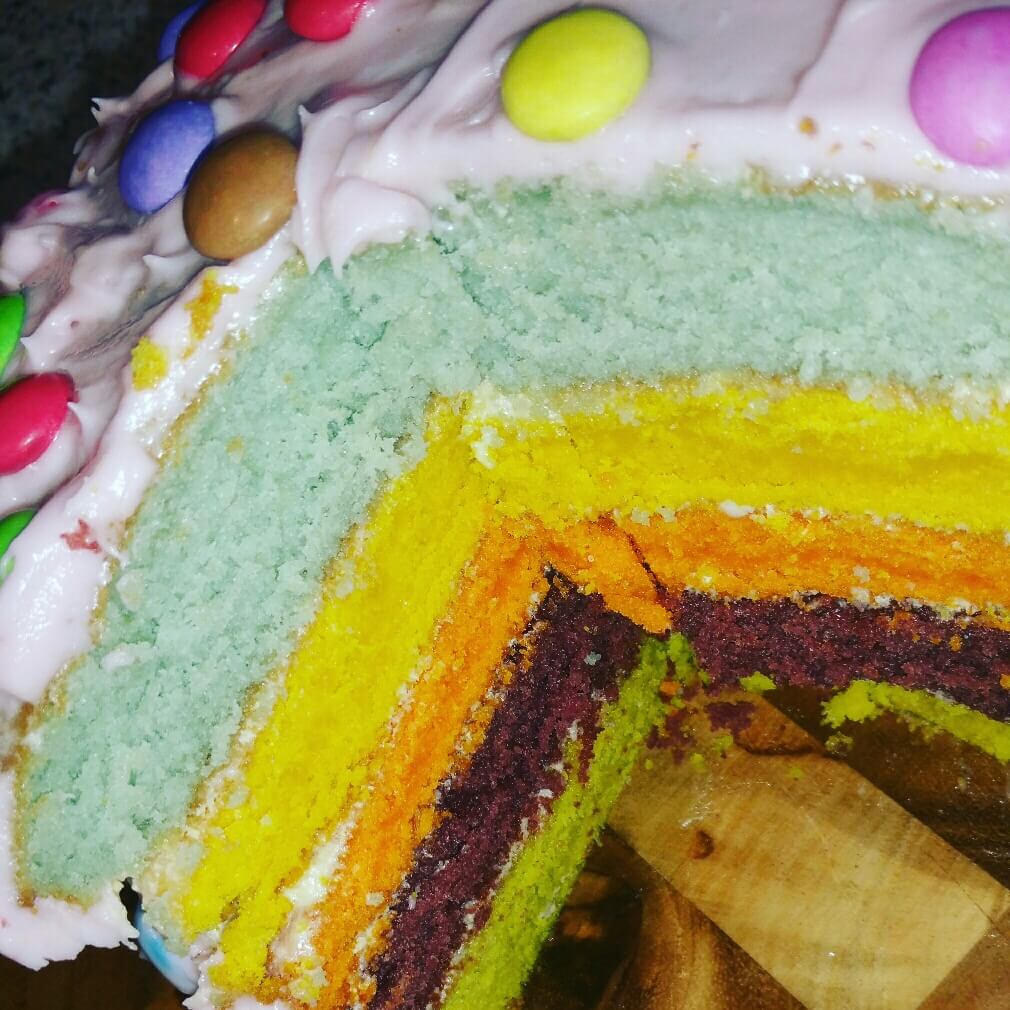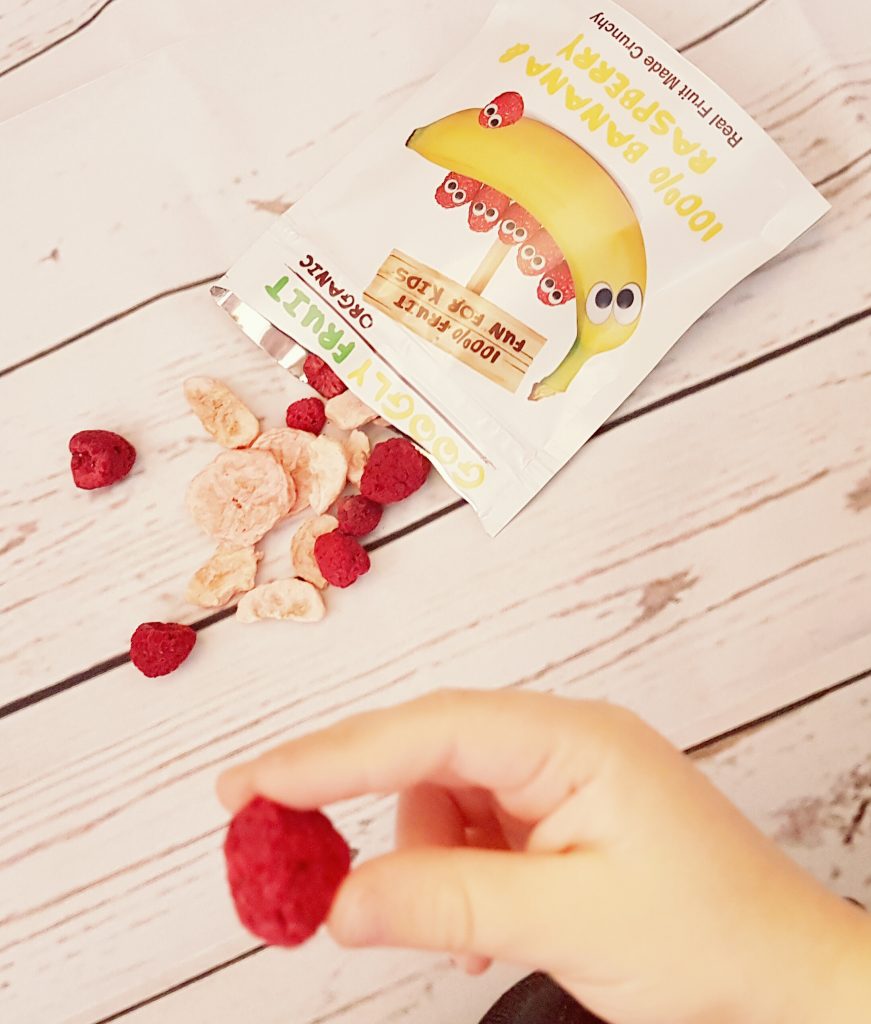Confusion
Parents, are you confused about sugars? It’s very easy to be, given all the different labelling on foods and drinks and the often contradictory advice from professionals about what our children should and shouldn’t eat.
Have you ever been told one thing by your dentist, another by a doctor or nurse and something else from a dietitian? You aren’t alone.
Where sugar is concerned, not all sugar is equal, meaning that not all sugar is evil and should be avoided at all costs!
Sucrose
This is the sweet crystallised sugar many of us have in our homes, your standard table sugar would fit in this category. Sucrose can also be found naturally in foods such as dried fruits. You will also find added sugar in things like chocolate and sweets and baked goods like cakes and biscuits. This is certainly the kind of sugar that needs to be limited.
Look out for this type of sugar in other products like sauces, drinks and yoghurts and try to find alternatives where possible.
Artificial sweeteners
These are chemical ingredients that are usually used to replace sugar to sweeten foods and drinks. They offer the same sweet taste but without the calories of sugar.
One example of an artificial sweetener is something called Aspartame, which you diet coke drinkers should know about. I have to say that having read some of the reports about the dangers of Aspartame over the years, I often think that you’d be better having the sucrose and working off the calories!
Lactose
This is another sugar which occurs naturally in animal milks – much more preferable to either of the two sugars above, you will find this in the bulk of the milk and healthy yoghurt products your purchase for your family.
Fructose
This is the sugar which occurs naturally in fruit. Anything containing real fruit or fruit puree will contain fructose. This is often the other sugar your dentist isn’t keen on. Ever been told your children eat too much fruit? Or perhaps to stay away from grapes? This never sits that well with me because it goes against our efforts to reach that magic 5- a-day or more with our little ones.
If course if it’s a bowl of strawberries or a bag of sweets, go for the bowl of strawberries. As always it’s about a balance and encouraging a good diet and effective teeth cleaning practice.
Natural sweeteners
Natural sweeteners originate from natural sources, they contain nutrients and are metabolized. Natural sweeteners can be highly effective in moderation to provide the sweetness most people crave.
Natural sweeteners are divided into those containing sugar (saccharide) and those not containing sugar (non-saccharide). The most popular natural sweeteners are Stevia, Erythritol and Monk Fruit.
Stevia
Stevia is a zero-calorie sweetener extracted from the stevia plant native to Brazil. Compounds called steviol glycosides to give stevia its signature sweet taste that is 30-150 times sweeter than sugar. Stevia’s sweetness has a slower onset and tends to linger. Some brands may also have a bitter aftertaste.
Erythritol
Erythritol is a type of low-carb sweetener called sugar alcohol. Sugar alcohols are neither sugars nor alcohols. They’re types of carbohydrates that are partially resistant to digestion. Sugar alcohols naturally occur in fruits and vegetables, but most sold as sweeteners are man-made.
What’s sets erythritol apart from other sugar alcohols is that it is made by fermenting natural corn sugar with the help of yeast. This results in a natural and mostly safe product with almost zero calories and carbs. Other sugar alcohols are made through an industrial hydrogenation process, and many have half the calories and carbs of sugar.
Monk Fruit
Finally, monk fruit sweeteners are extracted from the fruit of the same name. This extract is 150-200 sweeter than sugar but has zero carbs and calories. Monk fruit gets its sweetness from antioxidant compounds called mogrosides. It is one of the safest and most natural sweeteners you could get your hands on.
If you want to learn more about low-carb natural sweeteners and sugar alcohols, then check out this article by Bodyketosis.





2 comments
I don’t really use it anymore but I used to use stevia in place of sugar for some recipes, like pancakes for example and it worked really well!
Julia // The Sunday Mode